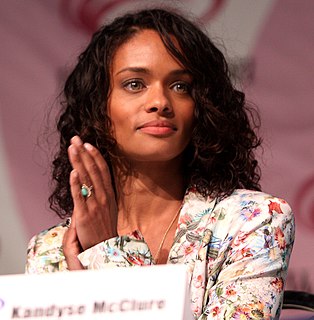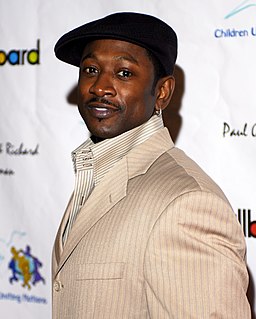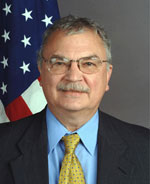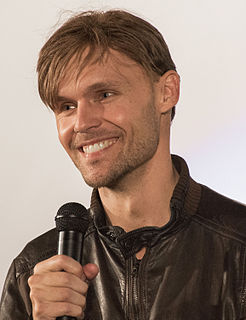A Quote by Jacqueline Woodson
I feel like I'm a New Yorker to the bone. But there is a lot of the South in me. I know there is a lot of the South in my mannerisms. There's a lot of the South in my expectations of other people and how people treat each other. There's a lot of the South in the way I speak, but it could never be home.
Related Quotes
I have dear friends in South Carolina, folks who made my life there wonderful and meaningful. Two of my children were born there. South Carolina's governor awarded me the highest award for the arts in the state. I was inducted into the South Carolina Academy of Authors. I have lived and worked among the folks in Sumter, South Carolina, for so many years. South Carolina has been home, and to be honest, it was easier for me to define myself as a South Carolinian than even as an American.
Living here in North America - I have been Americanized. When I go back home now, there are things that I have far less tolerance for in South Africa. We've come such a long way in terms of race relations and the economy as well as people's willingness to move on. There are still a lot of things that are frustrating about being in South Africa.
Being a military child, we moved a lot and we developed different vernaculars from moving from the south, to the Midwest, and seeing the world. Going from New York to California and from Jamaica Queens to the South, I was always the new kid, or had the army crew haircut. I expected people to pick up on me. My brother kinda stole all of my old jokes. He got his inspiration from me.
I think there's something very dark in the South African psyche. I think we live a lot of the time in a state of a very low-grade civil war; the levels of violence in South Africa are extremely high. In a way, the civil war that never happened is being played out in a covert way, so we live with a lot of very ugly things.
People live in their part of the Union, and if they don't travel a lot, then there is a tendency to believe that the other parts of America couldn't possibly be as American as their part. You can see it in the way people in the South scrunch up their faces when they hear words like 'New York,' 'Chicago,' and 'challah.'
I was raised in a country [South Africa] with a lot of political turmoil. I was part of a culture and a generation that suppressed people and lived under apartheid regimes. I don't know how you can come out of that and not have an awareness for the world. I think that if my life had turned out any other way and I was working in a bank, I would still feel this way about it, because there's a connection to humanity that to me is really important.






































